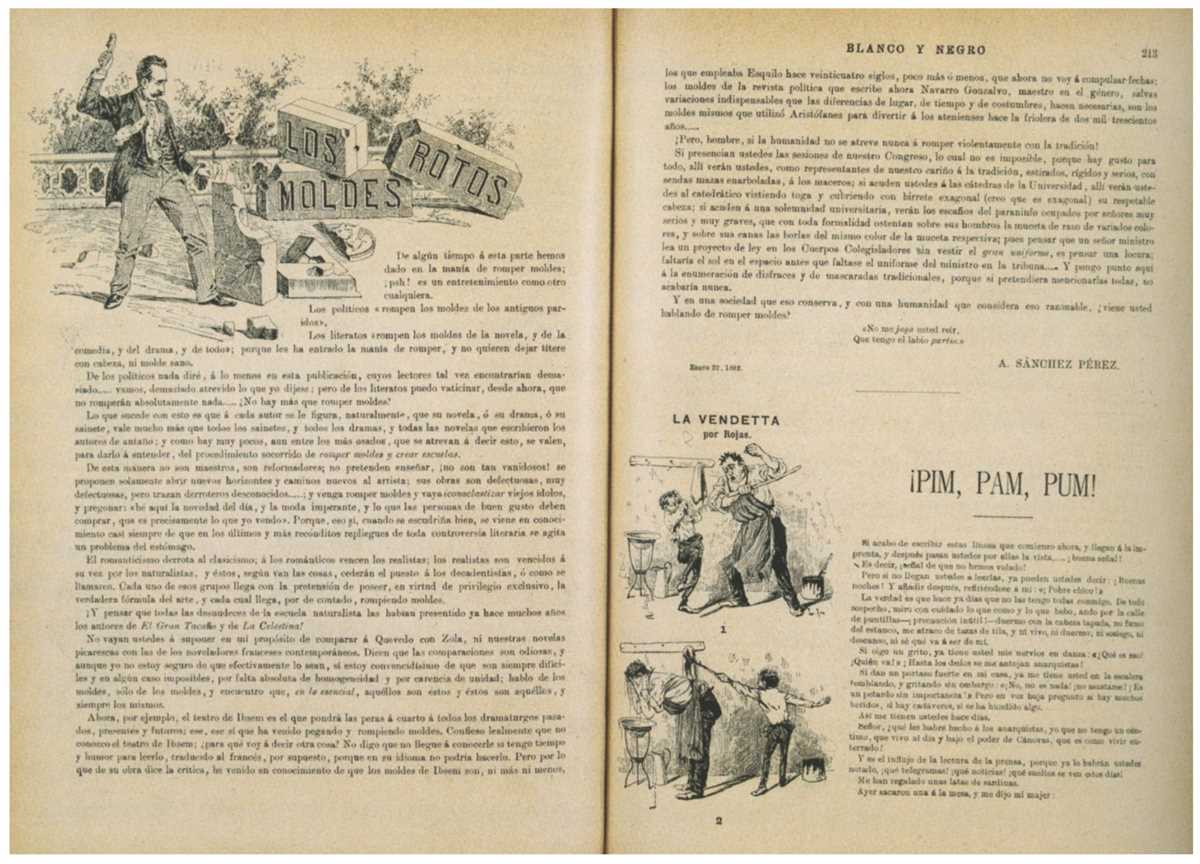The journey of notable footballers often begins with a series of formative experiences that shape their future careers. Understanding these foundational moments can offer valuable insight into their development and eventual success on the field. This section delves into the initial years and pivotal events that marked the start of a prominent footballer’s journey.
Born in the vibrant city of Barcelona, the individual in focus showed remarkable potential from a young age. Their early engagement with the sport was characterized by intense dedication and natural talent, setting the stage for a distinguished career in football. The experiences and influences during these early years played a crucial role in honing their skills and fostering a passion for the game.
As we explore their background, we highlight the key moments and influences that contributed to their development. From local matches to early achievements, each phase of their youth provided a foundation that would support their future successes in the sport.
Background and Childhood of a Prominent Player

The initial years of a notable footballer’s journey are often rich with formative experiences and early influences that shape their future career. Understanding the background and developmental years of such individuals provides insight into the factors that contributed to their eventual success on the field. This segment delves into the foundational moments and environment that played a crucial role in their early growth.
Born into a family with a deep connection to sports, the player’s upbringing was marked by a nurturing atmosphere that encouraged athletic pursuits. Early exposure to the sport, combined with supportive family dynamics, set the stage for a promising career. During these formative years, the individual exhibited a remarkable aptitude for football, which was further developed through local competitions and community support.
The influence of the local environment and early training opportunities significantly impacted the player’s skills and passion for the game. These initial experiences laid the groundwork for their future achievements and provided the necessary foundation for a successful career in professional football.
Origins and Family Background
The roots and familial environment of this athlete played a significant role in shaping his journey. His upbringing was marked by influences that guided his passion for sports from a young age.
- He was raised in a supportive household that valued determination and discipline.
- The family’s commitment to athletic pursuits fostered his love for the game.
- Influences from close relatives helped nurture his talent and drive for success on the field.
- Community support also played a part, providing opportunities for early training and development.
Childhood Influences on Football Career
In the early years, various factors can shape a young athlete’s path in sports. Family support, access to local facilities, and early exposure to the game often play a crucial role in developing passion and skills.
A supportive environment allows children to explore their talents. Whether through participation in neighborhood matches or watching games with relatives, these experiences create a foundation for future success. Encouragement from mentors and the availability of training opportunities further enhances their dedication to the sport.
Natural talent may be a factor, but it is the combination of guidance, practice, and motivation that truly influences a child’s journey in football. Every match and training session during childhood helps cultivate essential techniques, discipline, and a competitive spirit necessary for growth in the sport.
Initial Steps in Professional Football
Breaking into the professional arena requires talent, dedication, and a keen understanding of the game’s demands. Early experiences in competitive matches help shape the skills and mentality needed for success on a larger stage.
Starting at a young age, many aspiring players join local clubs, where they learn the fundamentals of teamwork, strategy, and discipline. These clubs serve as the training ground for honing technical abilities, offering valuable exposure to various play styles and coaching methods.
Mentorship from experienced coaches plays a crucial role during this phase. It not only enhances their skills but also instills an awareness of the professional standards required. This period is marked by continuous learning, as young athletes face challenges that prepare them for the intensity of professional football.
Progression through youth academies is often the next step. Here, they encounter a more rigorous training regime, focusing on advanced techniques and tactical intelligence. This structured development is essential, guiding players toward making their debut at the professional level.
Key Milestones During Youth Development
The journey of a young athlete involves numerous stages of growth, skill refinement, and achievements that shape future success. This period lays the foundation for their professional career, with each milestone representing a step forward in both technique and mental resilience.
- Initial Training Phases: The early years are dedicated to mastering basic techniques and building a solid physical foundation. Coaches emphasize the importance of discipline and hard work during this stage.
- First Competitive Experiences: Participation in youth tournaments provides the athlete with a taste of competition, helping them adapt to the pressure of performing on a larger stage.
- Advanced Academy Involvement: Moving into a professional academy environment marks a significant milestone. Here, the athlete receives specialized training, focusing on tactical awareness and advanced skills.
- National Recognition: Gaining recognition at the national level through youth leagues or selection for regional teams often serves as a crucial step in the athlete’s progression.
- Transition to Senior Level: The shift from youth to senior categories introduces new challenges, demanding a higher level of physical and mental preparation. This phase is critical in defining their readiness for professional competitions.
Impact of Youth Training on Performance

Developing skills at a young age significantly influences an athlete’s future capabilities. Consistent practice and structured routines build a strong foundation for advanced techniques, fostering both physical and mental resilience.
Early involvement in a sport cultivates discipline, sharpens reflexes, and enhances strategic thinking. As training intensity increases over time, athletes often gain a competitive edge, allowing them to adapt to high-pressure situations more effectively.
Physical benefits include improved coordination, strength, and stamina. Additionally, mental preparation helps athletes handle setbacks, maintain focus, and strive for continuous improvement.
Overall, rigorous youth training plays a crucial role in shaping well-rounded professionals, setting the groundwork for long-term success in competitive sports.




